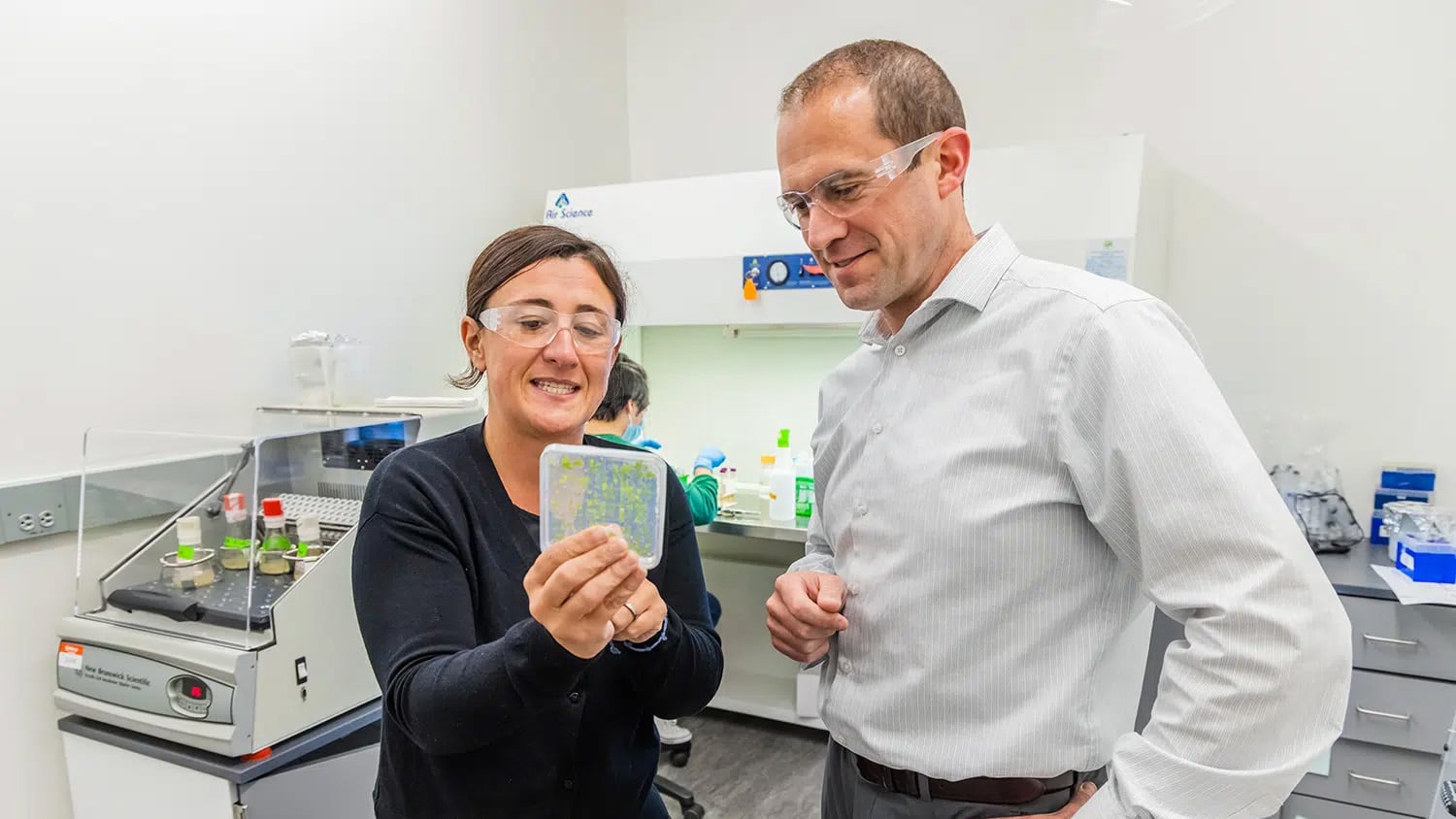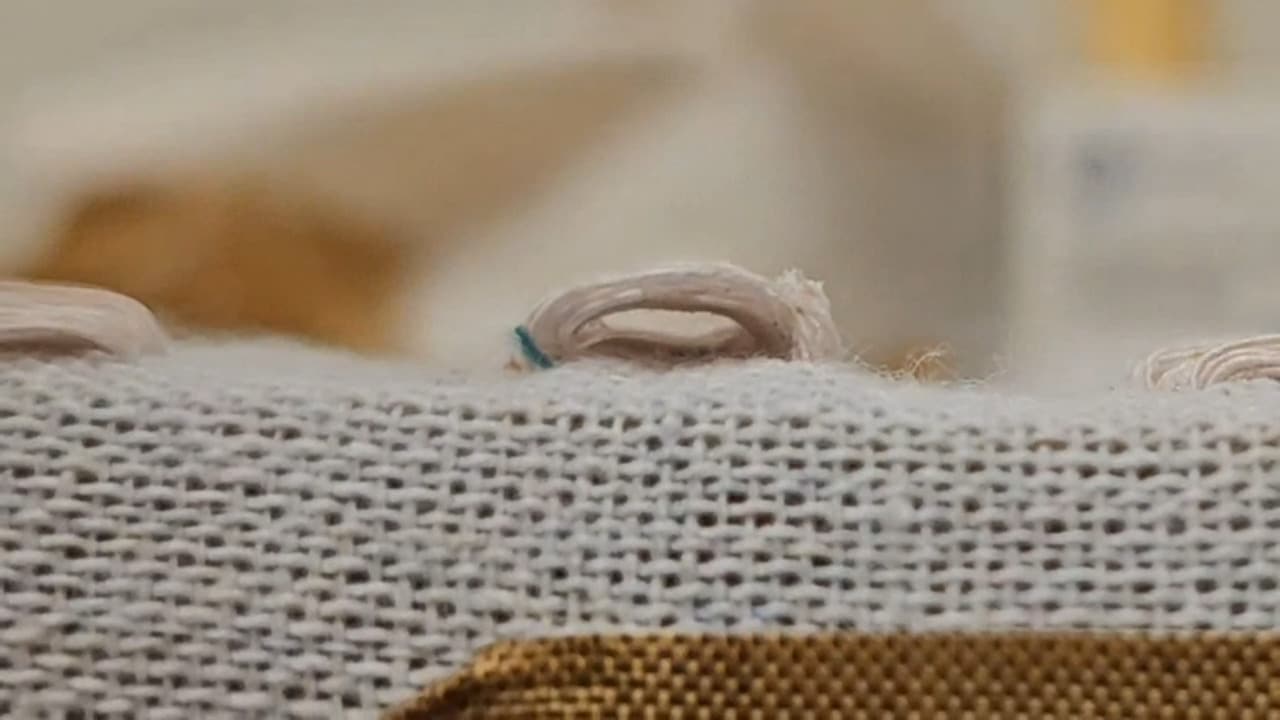Grant Boosts Local Food Access
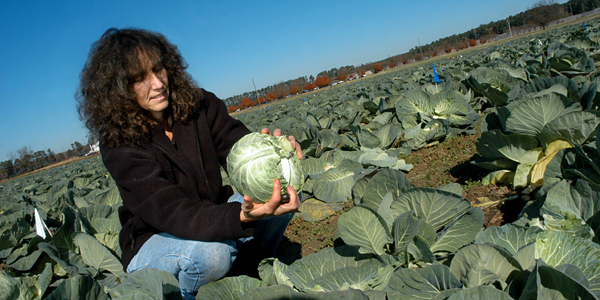
The local food movement will get some help cultivating relationships with big institutional and retail buyers thanks to a multimillion-dollar grant from the U.S. Department of Agriculture. The five-year, $3.9-million award to NC State’s Center for Environmental Farming Systems is part of the USDA’s Agriculture and Food Research Initiative.
The Goldsboro-based center, known as CEFS, is a partnership of NC State, North Carolina A&T State University and the N.C. Department of Agriculture and Consumer Services.
The project will work with wholesale distributors, farmers, fishers, processors and emerging food hubs to address the growing demand for local food. It will create a statewide and national model of local food supply chains that serve large markets and incorporate values of the local foods movement — sustainability, fair pricing for producers and others in the value chain, and inclusion of medium and small-sized farms.
Lowes Foods and Fort Bragg – as well as Bragg suppliers US Foods and Foster Caviness – are major partners in the project.
“We are excited to explore ways that local food supply chains can scale up to significantly increase consumer access to seasonal and nutritious foods produced in the state,” said CEFS Co-Director Nancy Creamer, professor of horticulture at NC State. “Local food systems have the capacity to grow jobs; strengthen the economy; preserve farms, farm land, fishing communities and working waterfronts; and improve health outcomes.”
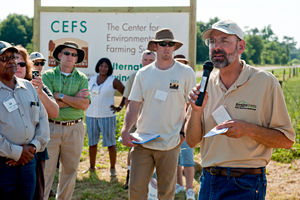
Stronger Supply Chain
The project has research, outreach and academic components involving numerous partners throughout the state. One of those partners is “Got to Be NC Agriculture,” a statewide marketing program that has worked since 2005 to increase markets by building consumer recognition of local foods.
The project will conduct a statewide infrastructure survey to identify existing facilities that are available or could be re-purposed to support local food supply chains for dairy, meat, seafood and produce.
It will then identify supply chain obstacles and determine the effectiveness of interventions. CEFS will work with N.C. Cooperative Extension Service to provide farmer training, and other partners — such as the Carolina Farm Stewardship Association and the North Carolina Farm Bureau — to increase the supply of local food in the state. One goal is to increase the number of growers certified in Good Agricultural Practices, allowing more local fruit and vegetable producers to supply institutional and retail markets.
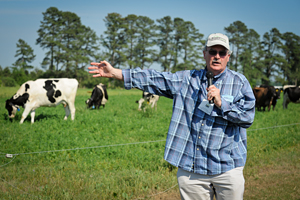
Poole a Resource
Another project partner, the Poole College of Management Supply Chain Resource Cooperative, will work with North Carolina Sea Grant and the local seafood educational initiatives, Farmhand Foods, NC Choices, Eastern Carolina Organics and other supply chain partners to explore local supply chains for seafood, meat, dairy, produce and value-added food products.
The project will also explore ways to increase opportunities for value-added processing of local products through partnerships with Orange County’s Piedmont Food and Agriculture Processing Facility and Buncombe County’s Blue Ridge Food Ventures, with assistance from James Beard award-winning chef Andrea Reusing of Lantern Restaurant.
The project will also address purchasing standards that can limit the ability of North Carolina institutions to source local foods. This will involve examining grading standards and military contracts in partnership with North Carolina’s Eastern Region Military Growth Task Force working with Marine Corps Installations East.
Expanding Access to Local Food
The project hopes to increase local food sales and improve access to North Carolinians of all income levels. CEFS and its partners in N.C. Cooperative Extension, UNC-Chapel Hill and its Center for Health Promotion and Disease Prevention, and UNC-Wilmington will work with Lowes Foods to explore ways of expanding its “Locally Grown Club,” a model that provides community-supported agriculture, such as boxes of local produce, to customers.
“This project will bring resources to help producers make important market connections, creating jobs and enhancing farm viability,” said CEFS Co-Director John O’Sullivan, a faculty member at North Carolina A&T State University. “It will also engage students at both N.C. A&T State University and NC State in facilitating market-based changes, giving them important lessons and real world connections and experiences.”
- Categories:
